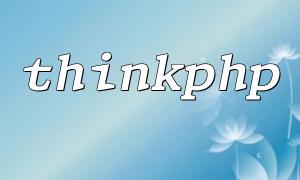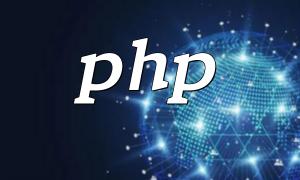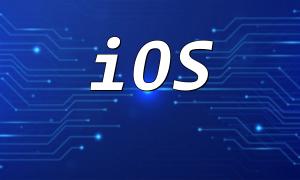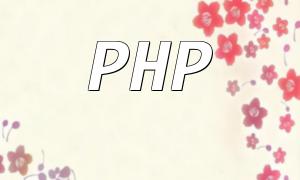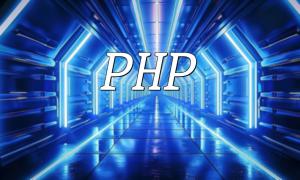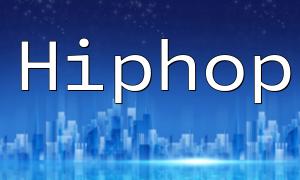In modern web development, the combination of PHP and JSON is very common. JSON (JavaScript Object Notation) is a lightweight data exchange format, while PHP is a widely used open-source scripting language that integrates easily with JSON. PHP provides built-in functions to handle JSON data, allowing developers to seamlessly convert PHP arrays or objects to JSON format and vice versa.
When handling data, the first step is to convert PHP arrays or objects into JSON format. The `json_encode` function makes this process straightforward:
Similarly, PHP can parse a JSON string into a PHP array or object. The `json_decode` function makes this conversion simple:
In real-world applications, JSON data is often nested. When working with complex JSON structures, setting the second parameter of `json_decode` to `false` allows it to be converted into a PHP object, making it easier to access nested data:
When working with JSON data, it's essential to handle potential errors properly. PHP provides the `json_last_error` function to check for any issues during JSON encoding and decoding:
When dealing with large amounts of JSON data, performance becomes a crucial factor. Here are some tips to optimize JSON handling performance:
Mastering PHP JSON data handling techniques, particularly encoding, decoding, and performance optimization, can help developers handle JSON data more efficiently in their projects. These tips not only improve development efficiency but also ensure stability and performance when dealing with large JSON datasets.

